Monday, June 10, 2024 | 1:00 PM – 4:30 PM PT
REGISTER FOR TRACK 2
Our field of Microphysiological Systems (MPS) is characterized by rapid evolution, with ongoing technological advancements driving our understanding of human biology and the development of predictive drug testing models, as well as applications in regenerative and personalized medicine. This rapid progress is made possible by the close collaboration between the academic and private sectors.
The Educational Session of the MPS meeting is designed to facilitate the interaction between young scientists and established leaders in both the academic and company environment in our field through a combination of hands-on experience and discussions. Moreover, young investigators in our field frequently face the decision of pursuing a career path in academia or industry.
In 2024, we are thrilled to introduce a novel format for the Educational Session. We plan to elevate the educational experience by presenting three distinct education sessions, each catering to different facets of our field:
- Track 2 – Career in Academia. In collaboration with the Young Investigator Group of the International Society of Microphysiological Systems, this session focuses on the journey from early career researcher to established scientist. Discussions will center around the path to success in academia, potential career opportunities, mentorship, and “what not to do” when starting your academic path.
- Why you should attend. This session is invaluable for our young and emerging researchers as it provides an opportunity to hear the stories of established professors and young faculty members. It allows them to understand ‘how they got here,’ ask for advice on ‘what to do,’ and gain insights into ‘what not to do.’ In essence, this session offers guidance to help these researchers navigate their paths ahead.
HOW SIGN-UP WORKS:
Participants may only sign up for three (3) sessions.
Please sign up for one session per time slot.
Presenters
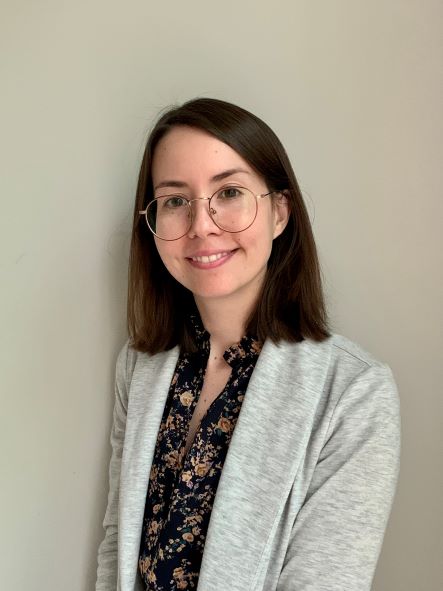
Emily Lee
NIH
Sessions: 1:00pm-1:20pm; 1:25pm-1:45pm; 1:50pm-2:10pm
Emily M. Lee, Ph.D., is a Team Lead and Staff Scientist in the Early Translation Branch (ETB) within NCATS’ Division of Preclinical Innovation (DPI), where she leads the Advanced Models & Cell Discovery Assay group within the Antiviral Program for Pandemics (APP), as well as the Neural Spheroid Team in the NCATS’ 3-D Tissue Bioprinting Laboratory. She uses her diverse background in virology, high-throughput screening, and induced pluripotent stem cells and primary cells to lead her teams to investigate, evaluate and implement new assay technologies to develop cost-effective physiologically relevant assays, including 3-D organotypic models, for drug discovery and development in the context of viral infections and neurological diseases.
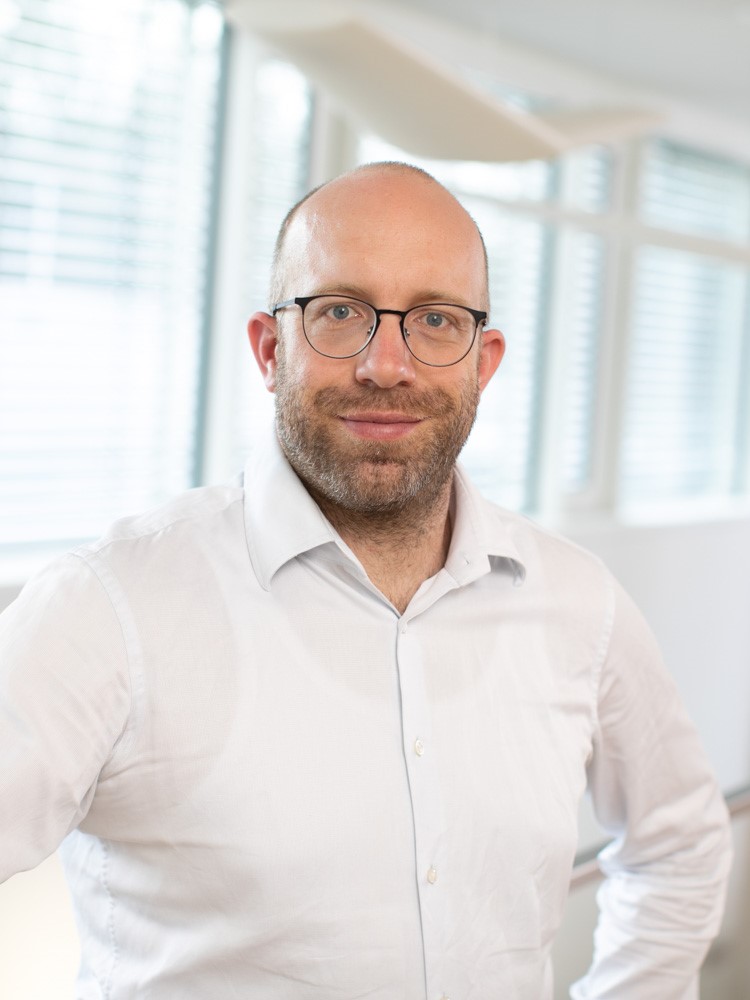
Peter Loskill
Eberhard Karls University of Tübingen
Sessions: 1:00pm-1:20pm; 1:25pm-1:45pm; 1:50pm-2:10pm
Prof. Dr. Peter Loskill is Full Professor for Organ-on-Chip (OoC) Research at the Eberhard Karls University Tübingen (EKUT) and the Natural and Medical Sciences Institute (NMI), head of the 3R Center Tübingen for in vitro Models and Alternatives to Animal Testing as well as Past-Chair of the European Organ-on-Chip Society (EUROoCS). Dr. Loskill graduated in 2012 from Saarland University with a PhD in Physics focusing on Biointerface science. He then spent three years as postdoctoral fellow in the Healy lab at University of California at Berkeley developing hiPSC-based OoC models, funded by the NIH/NCATS TissueChip program and the German Science Foundation. In 2015, he was named as one of Technology Review’s “Innovators under 35 Germany” and awarded a Fraunhofer ATTRACT Grant, the highest funded German starting grant program, which enabled him to start an independent research group at Fraunhofer IGB Stuttgart. In 2021, he accepted a W3-professor position heading the Department for Microphysiological Systems in the Faculty of Medicine at EKUT. Dr. Loskill and his interdisciplinary µOrgano lab (https://www.organ-on-chip.uni-tuebingen.de) merge engineering, biology, physics and medicine to generate next generation tissue models recapitulating complex human biology in vitro. His research focuses on i) development of tailored OoC platforms, ii) application of OoCs for pharmaceutical research, toxicological screening, and biomedical studies, as well as on iii) enabling technologies that support parallelization, automation and ease of use. His 3R Center Tübingen (https://www.the3rs.uni-tuebingen.de) aims to provide all scientists in the state of Baden-Württemberg with low-threshold access to novel alternative methods to animal testing.

Sheila Chari
Cell Stem Cell
Sessions: 2:10pm-2:30pm, 2:35pm-2:55pm; 3:00pm-3:20pm
Sheila Chari, Ph.D, is Editor-in-Chief at Cell Stem Cell and Executive Editor at Cell Press. Her primary responsibilities are knowing and publishing the top stem cell discoveries, driving journal publishing strategy, and managing a global editorial staff. Sheila holds a doctorate from Northwestern University in immunology, and conducted post-doctoral research on cellular reprogramming at the University of Chicago. Sheila is based in California, USA.
Rebecca Fuldner
NIH
Sessions: 2:10pm-2:30pm; 2:35pm-2:55pm; 3:00pm-3:20pm
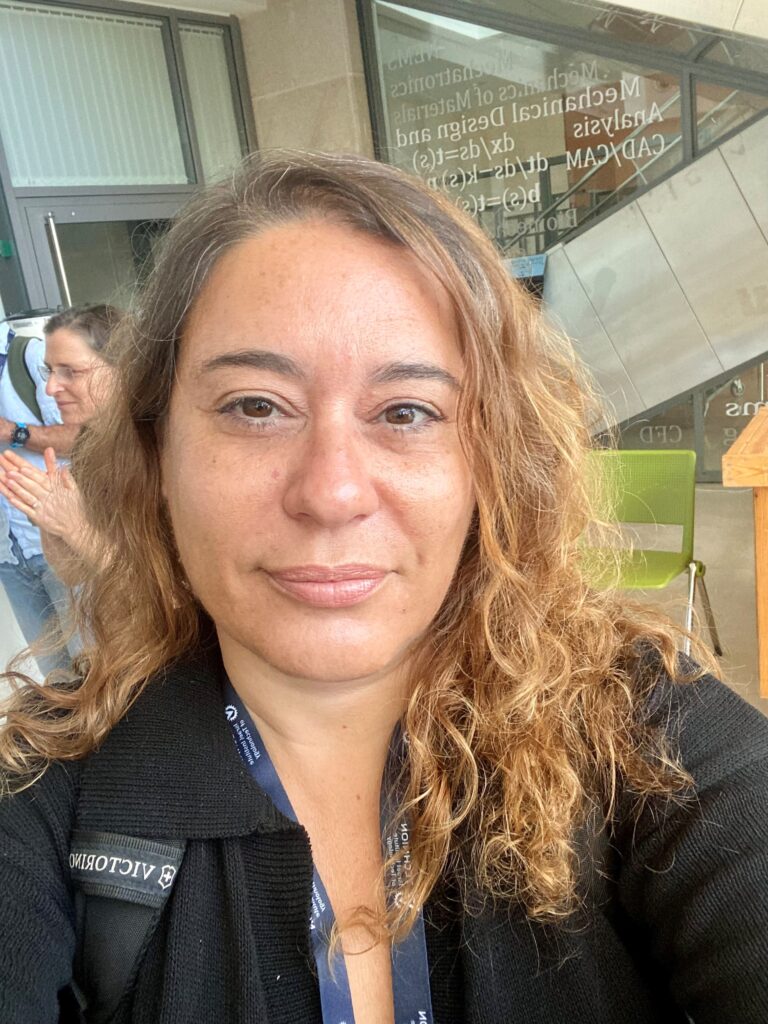
Elena Martínez Fraiz
Institute for Bioengineering of Catalonia (IBEC)
Sessions: 2:10pm-2:30pm; 2:35pm-2:55pm; 3:00pm-3:20pm
Dr. Elena Martínez holds a PhD in Physics by the University of Barcelona. After postdoctoral stages at the EPFL and Imperial College, she settled as Group Leader at the Institute for Bioengineering of Catalonia (IBEC) and as Professor at the University of Barcelona, in Spain. There she develops new systems that mimic 3D tissue microfeatures for biomimetic in vitro assays. She has published 129 papers (h-index: 37), supervised 15 MSc and 14 PhD thesis. She is the PI of national and international projects (ERC-Consolidator grant, ERC-PoC, EU-Pathfinder among them). She has been deputy director for Training and Career development activities during the last 5 years, involved in recruiting policies, mentoring and training activities. She is also involved frequently in evaluation panels for recruiting scientists within and outside Spain.
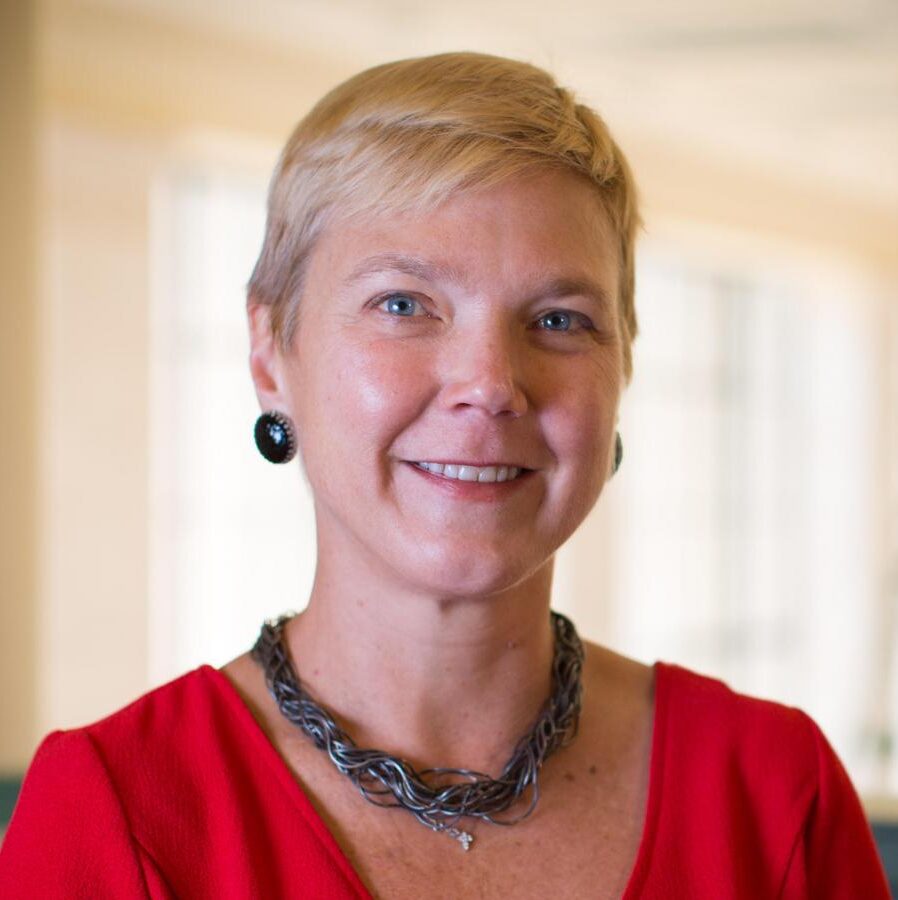
Linda Griffith
Massachusetts Institute of Technology (MIT)
Sessions: 3:20pm-3:40pm; 3:45pm-4:05pm; 4:10pm-4:30pm
Linda Gay Griffith is the School of Engineering Teaching Innovation Professor of Biological and Mechanical Engineering and MacVicar Fellow at MIT, where she directs the Center for Gynepathology Research. Dr. Griffith has pioneered approaches in tissue engineering, including the first tissue-engineered cartilage in the shape of a human ear, commercialization of the 3DP™ printing process for manufacture of FDA approved scaffolds, commercialization of the 3D perfused LiverChip for drug development, and synthetic matrices for tissue morphogenesis. She is now establishing the field of physiomimetics, integrating organs-onchips technologies with systems biology to humanize drug development for the most challenging chronic inflammatory diseases. She is a member of the National Academy of Engineering (NAE), the National Academy of Medicine, the National Academy of Inventors, the American Academy of Arts and Sciences, and recipient of a MacArthur Foundation Fellowship, Radcliffe Fellowship, and several awards from professional societies. She is a 2021 co-recipient of the NAE Gordon Prize for Innovation in Engineering and Technology Education, recognized for “creating the discipline of Biological Engineering”. Griffith currently serves on the advisory board of the Society for Women’s Health Research and has served on the advisory committee to the director of the National Institutes of Health. At MIT, she led development of the undergraduate major in Biological Engineering (now Course 20). She received her BS from Georgia Tech and PhD from UC Berkeley, both in chemical engineering.
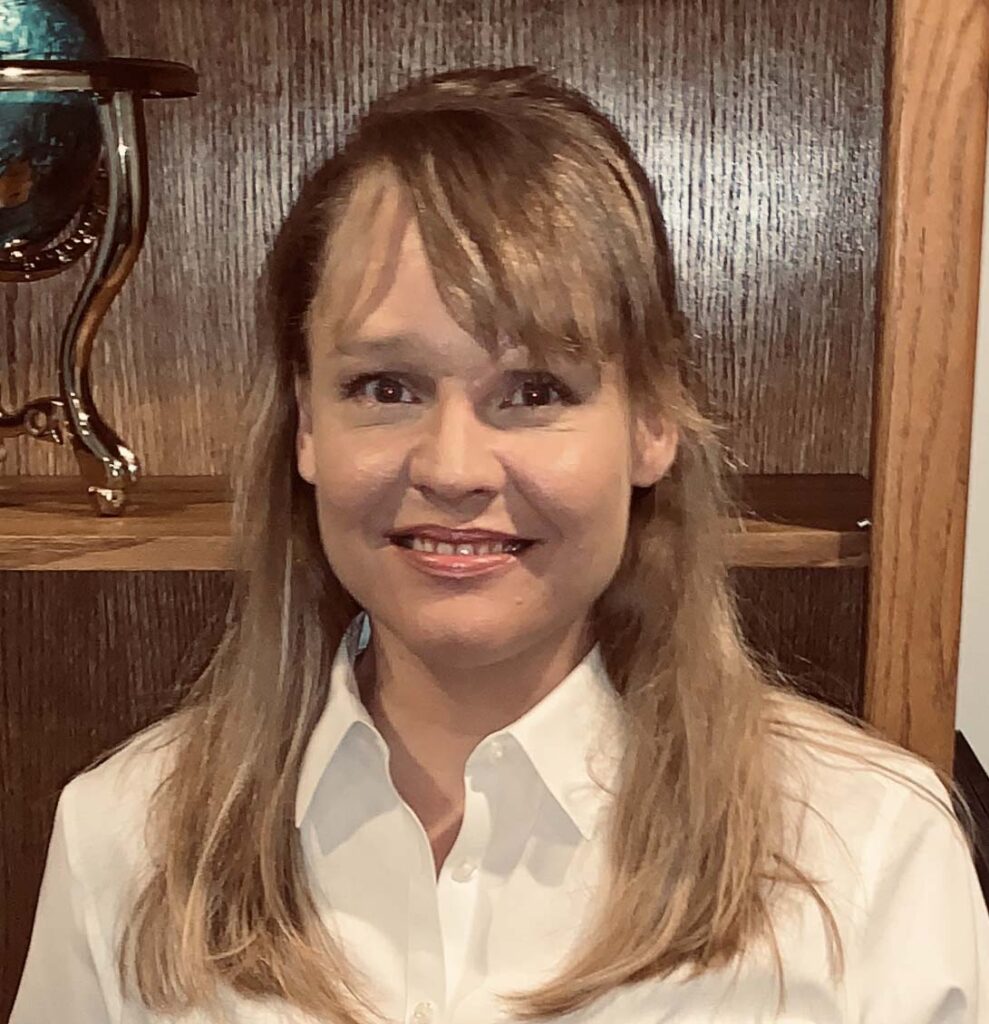
Zane Martin
NIH, Division of Neuroscience (DN)
Sessions: 3:20pm-3:40pm; 3:45pm-4:05pm; 4:10pm-4:30pm
Dr. Martin is a Program Director in the Translational Research Branch in the Division of Neuroscience. She is responsible for overseeing research on Alzheimer’s Disease (AD) and AD-related dementias (ADRD) drug discovery and preclinical drug development. Prior to her position as Program Director, Dr. Martin was an AAAS Science & Technology Policy Fellow at NIA and a Christine Mirzayan Science and Technology Policy Fellow at the National Academies of Sciences, Engineering, and Medicine.
Dr. Martin has a Ph.D. in Neuroscience and M.S. in Pharmacology from the University of Texas Medical Branch. She received postdoctoral training in the Department of Neurochemistry at the New York State Institute for Basic Research in Developmental Disabilities. Her research career has focused on drug discovery strategies to combat AD/ADRD.
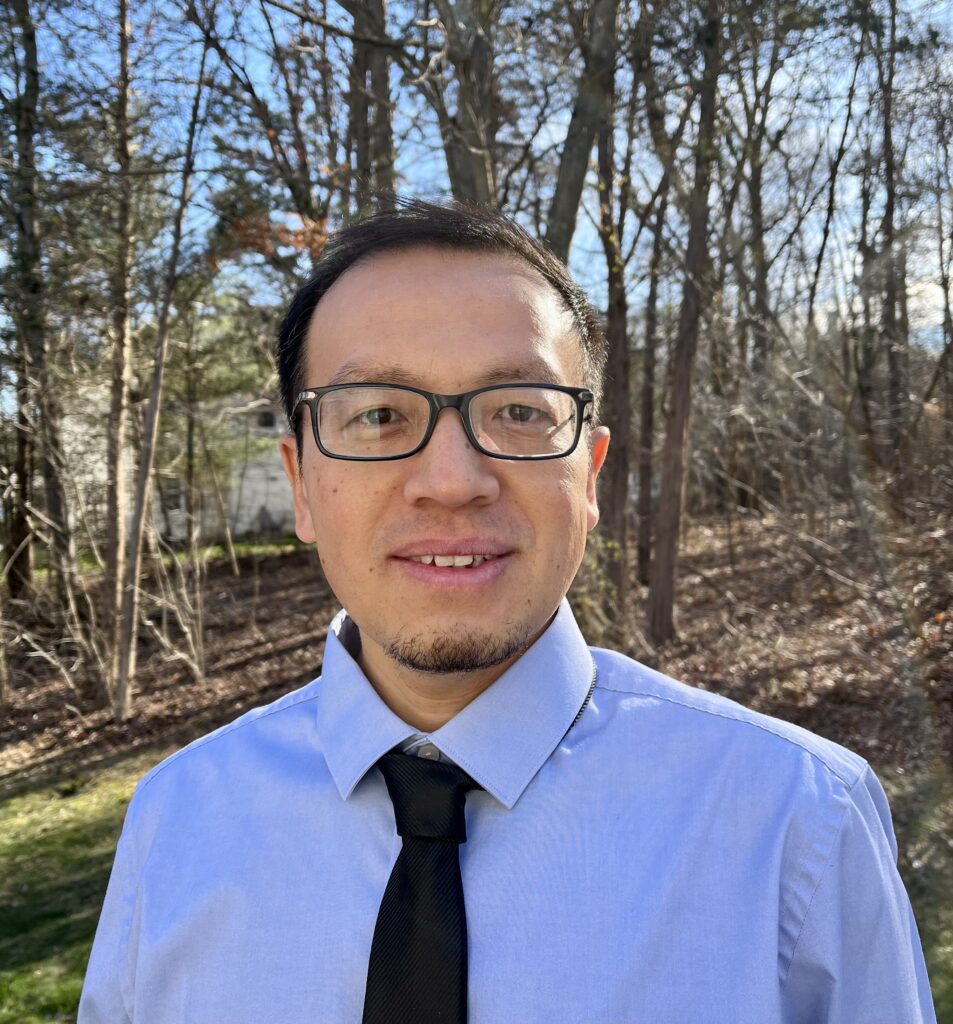
Shuo Xiao
Department of Pharmacology and Toxicology, Rutgers University School of Pharmacy
Sessions: 3:20pm-3:40pm; 3:45pm-4:05pm; 4:10pm-4:30pm
Dr. Shuo Xiao is an Assistant Professor from Department of Pharmacology and Toxicology at Rutgers University School of Pharmacy. He received his PhD in Reproductive Toxicology from University of Georgia (UGA) and completed his postdoctoral training at Northwestern University. Dr. Xiao’s current research is focused on female reproductive toxicology, disease, and non-hormonal contraceptive using traditional animal model and emerging organoid and organ-on-chip models. Dr. Xiao has published > 60 research articles, reviews, and book chapters, and has mentored > 20 undergraduate, graduate, and postdoctoral trainees. Dr. Xiao’s research is funded by NIH, DOD, NSF, and Bill & Melinda Gates Foundation. Dr. Xiao now serves as the Editorial Board Member for the journals of Reproductive Toxicology, Endocrinology, and Biology of Reproduction. Dr. Xiao is now the Treasurer and Secretary of the Society of Toxicology (SOT) Reproductive and Developmental Specialty Section (RDTSS) and the President of American Association of Chinese in Toxicology (AACT).
